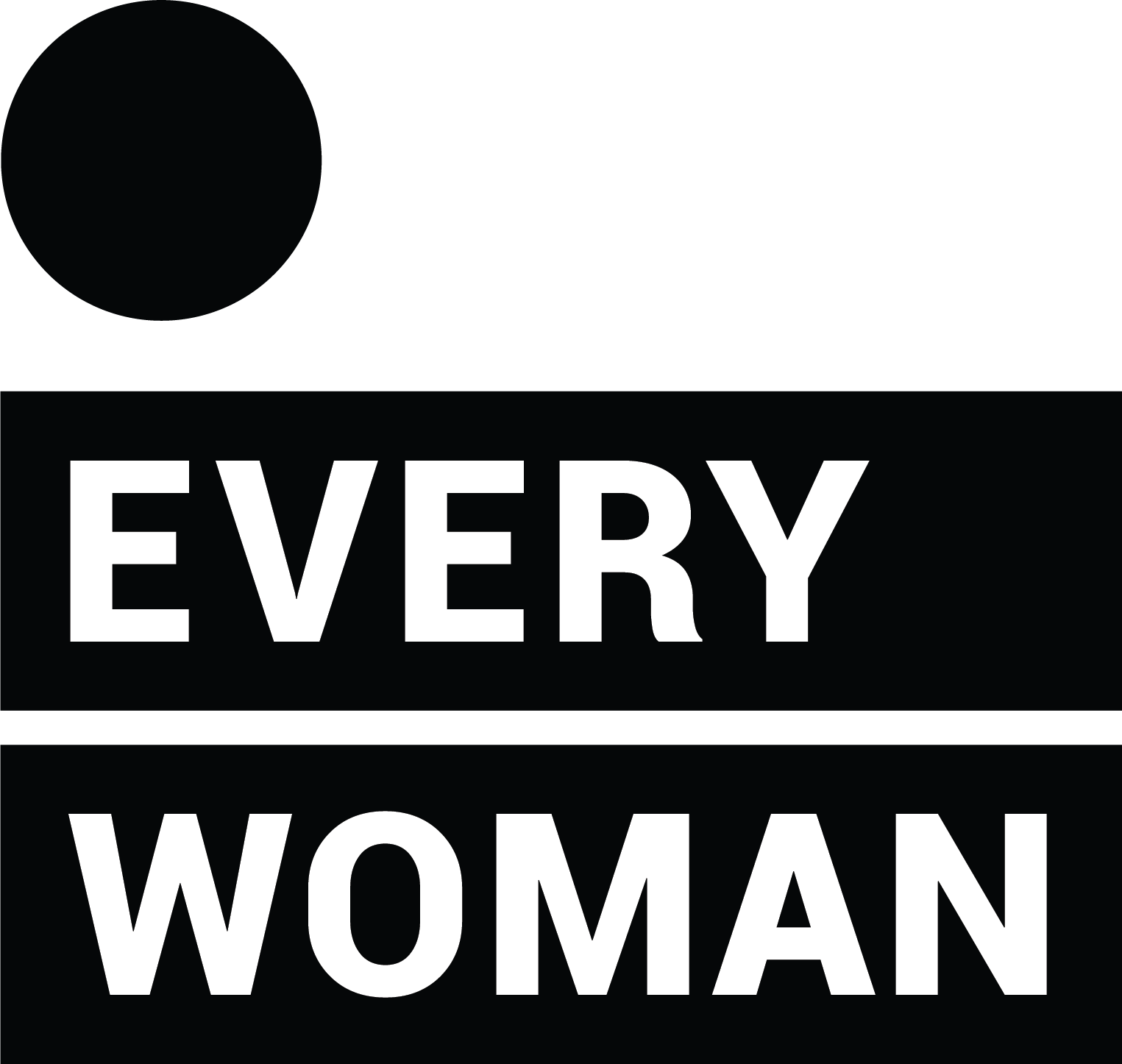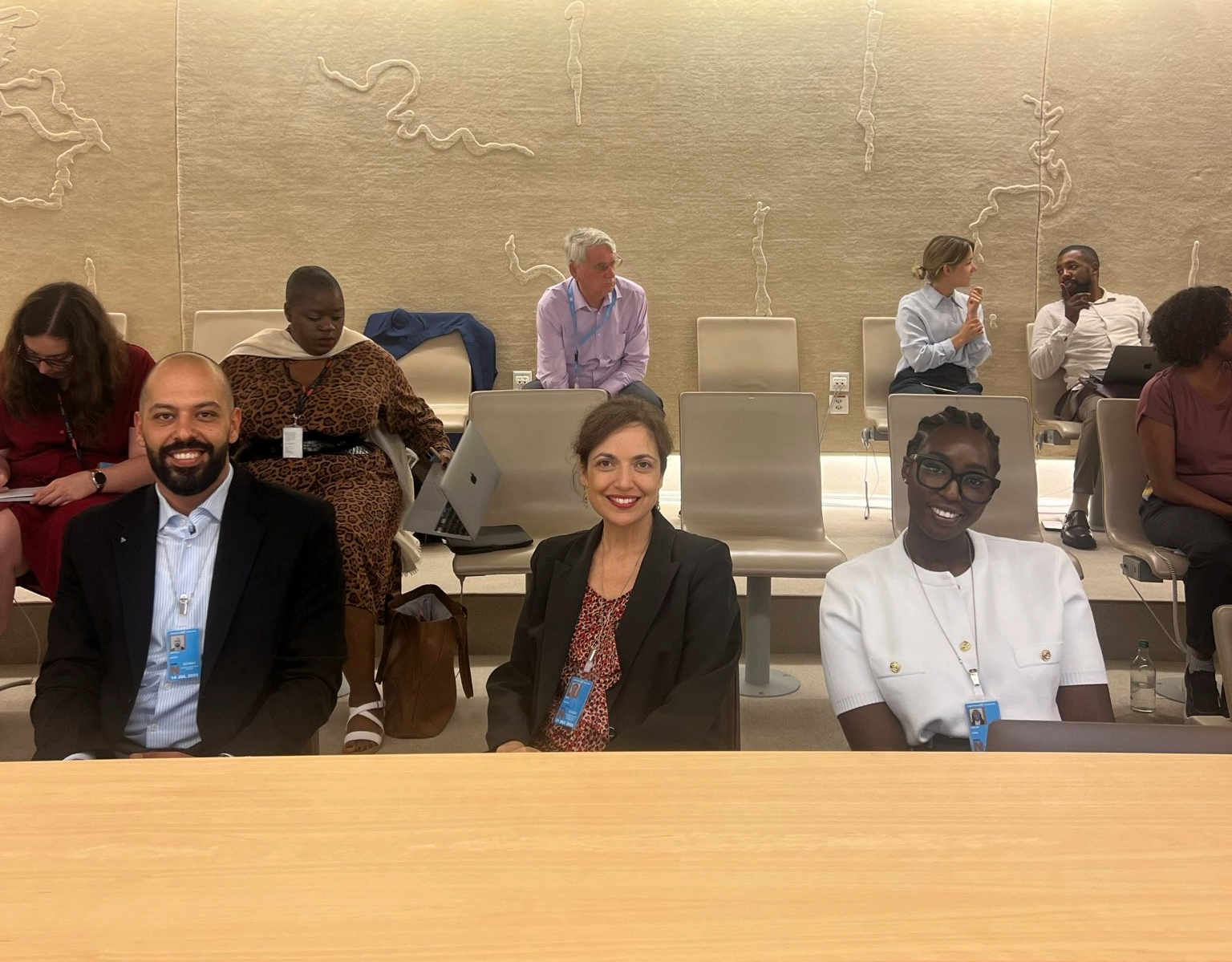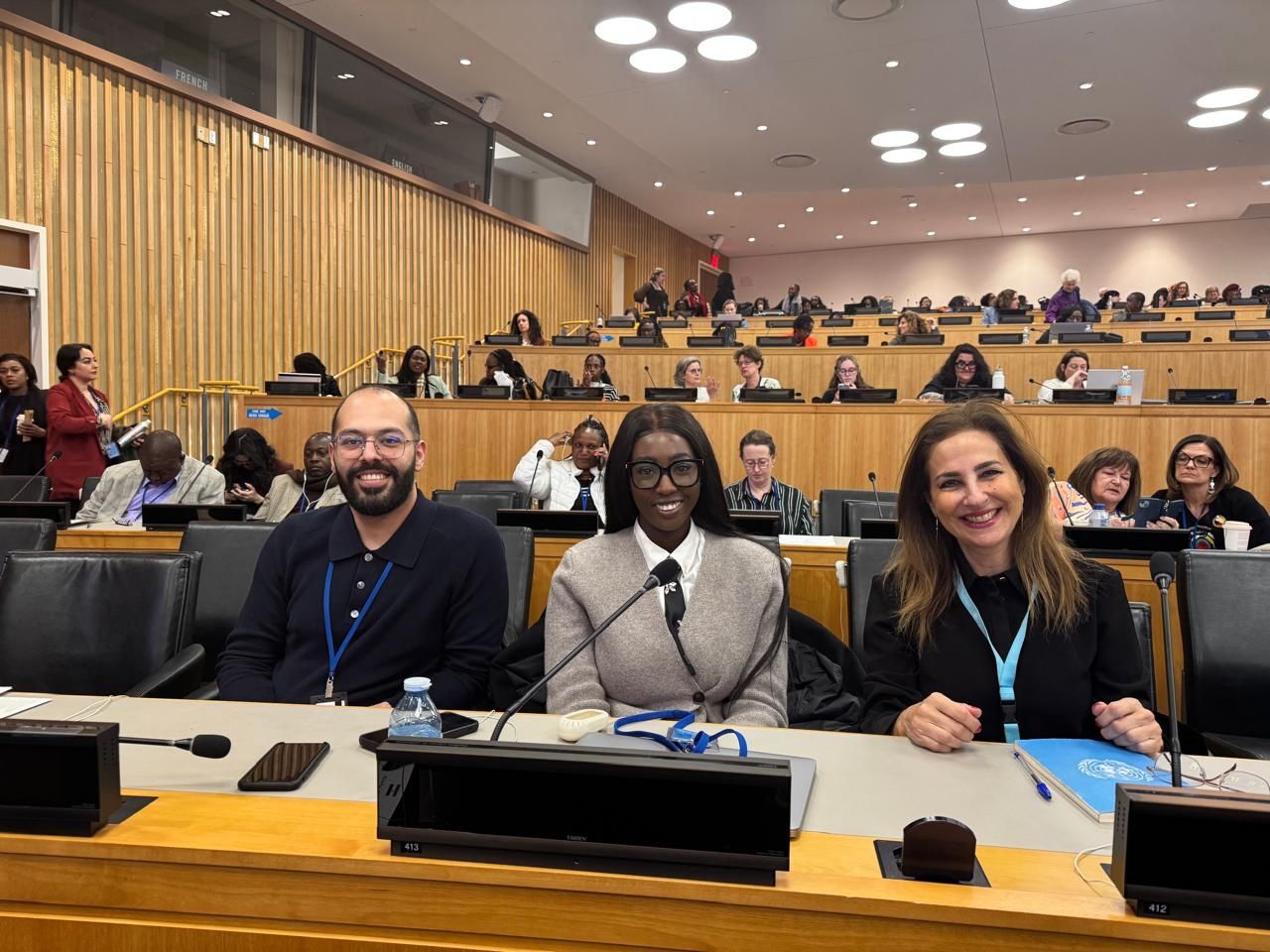This spring, the European Parliament approved its first directive on combating violence against women. The vote took place in the final session of the current members of parliament, marking the culmination of a process that began four years ago under the initiative of Ursula von der Leyen, President of the European Commission. The journey to this directive involved extensive debates over the legislative text, the necessity and appropriateness of such legislation, and its specific content. Many argued that the Istanbul Convention already provided sufficient regulation, questioning the need for additional measures.
The approval of this directive represents a significant victory for human rights defenders, particularly those advocating for women’s rights. All EU member states are now required to incorporate the directive’s articles into their national legislation and begin enforcement. This includes the criminalization of upskirting, stronger laws to combat cyberviolence, including cyberflashing and releasing private information, and new rules prohibiting forced marriage and female genital mutilation.
While this development promises better treatment for millions of women across Europe — countries not covered by the Istanbul Convention and nations that have ratified but not fully implemented it now face added pressure to comply with the new directive — the final text lacks a consent-based definition of rape, so it falls short of fully protecting women and girls.
The omission was the result of significant debate and demands from member states to remove the provision. Based on information civil society organizations received from officials, most states viewed the consent-based definition as interfering with their legislative independence — an interesting argument, since many opposing countries have already adopted consent-based legislation, meaning it would not affect them.
The absence of a strong consent-based definition of rape in the directive may delay progress in countries lacking such provision and not party to the Istanbul Convention. It also sets a dangerous precedent and demonstrates the need for clear and strong global norms on violence against women and girls. This can be achieved through the adoption of a new Optional Protocol to the CEDAW convention. The inclusion of consent-based rape legislation and other crucial articles in such binding international instruments is essential for enhancing women’s safety and would provide greater protection for women globally.
Civil society organizations and advocates, including myself, actively contributed to the discussions of the new EU law, negotiating the text wherever possible and advocating for the inclusion of a consent-based definition of rape and other clear and specific terms and provisions. We will continue to do so, pushing for important amendments to be added to the directive, while simultaneously, on a global level, working to secure stronger binding agreements for the protection and safety of women and girls everywhere.
 Pille Tsopp-Pagan is an Every Woman coalition member and a women’s rights activist in Estonia. She contributed to advocacy that has increased the age of consent, instituted a survivor-focused approach for first responders and led to the government’s coalition agreement (April 2023), which includes legislation changes to increase the feeling of safety of victims of violence against women and girls. In 2021, Pille received the Violence Prevention Award from the Estonian Ministry of Justice for her work.
Pille Tsopp-Pagan is an Every Woman coalition member and a women’s rights activist in Estonia. She contributed to advocacy that has increased the age of consent, instituted a survivor-focused approach for first responders and led to the government’s coalition agreement (April 2023), which includes legislation changes to increase the feeling of safety of victims of violence against women and girls. In 2021, Pille received the Violence Prevention Award from the Estonian Ministry of Justice for her work.
PHOTO: Photo: © European Union 2024 – Source: EP




